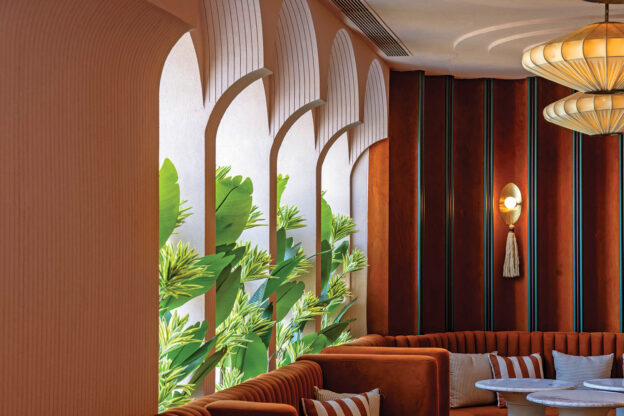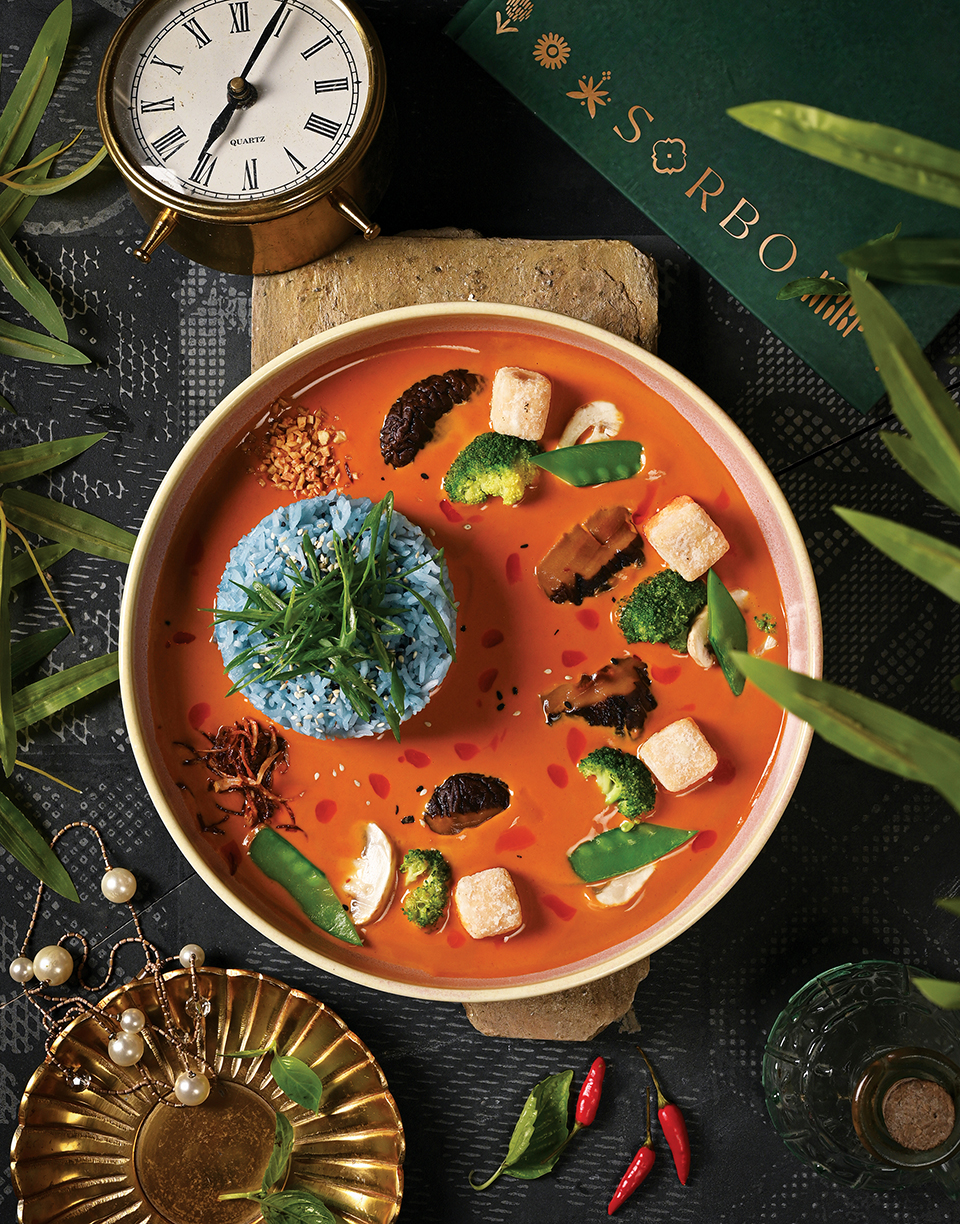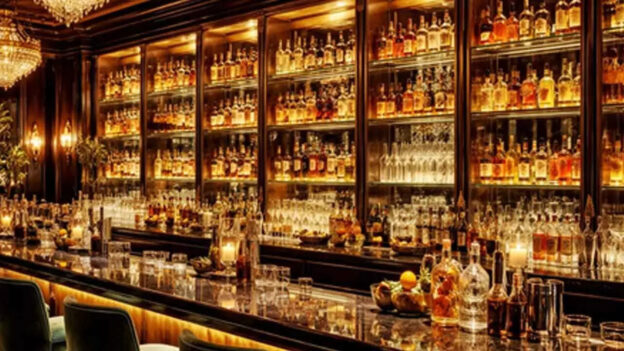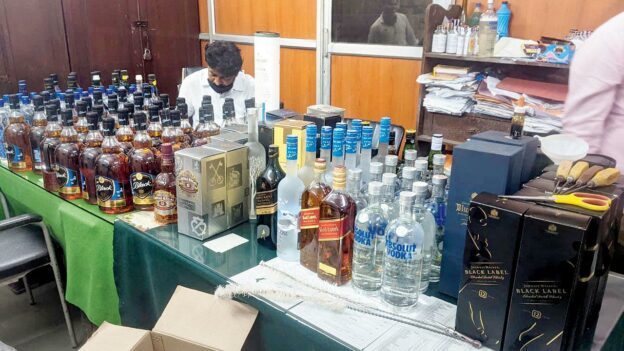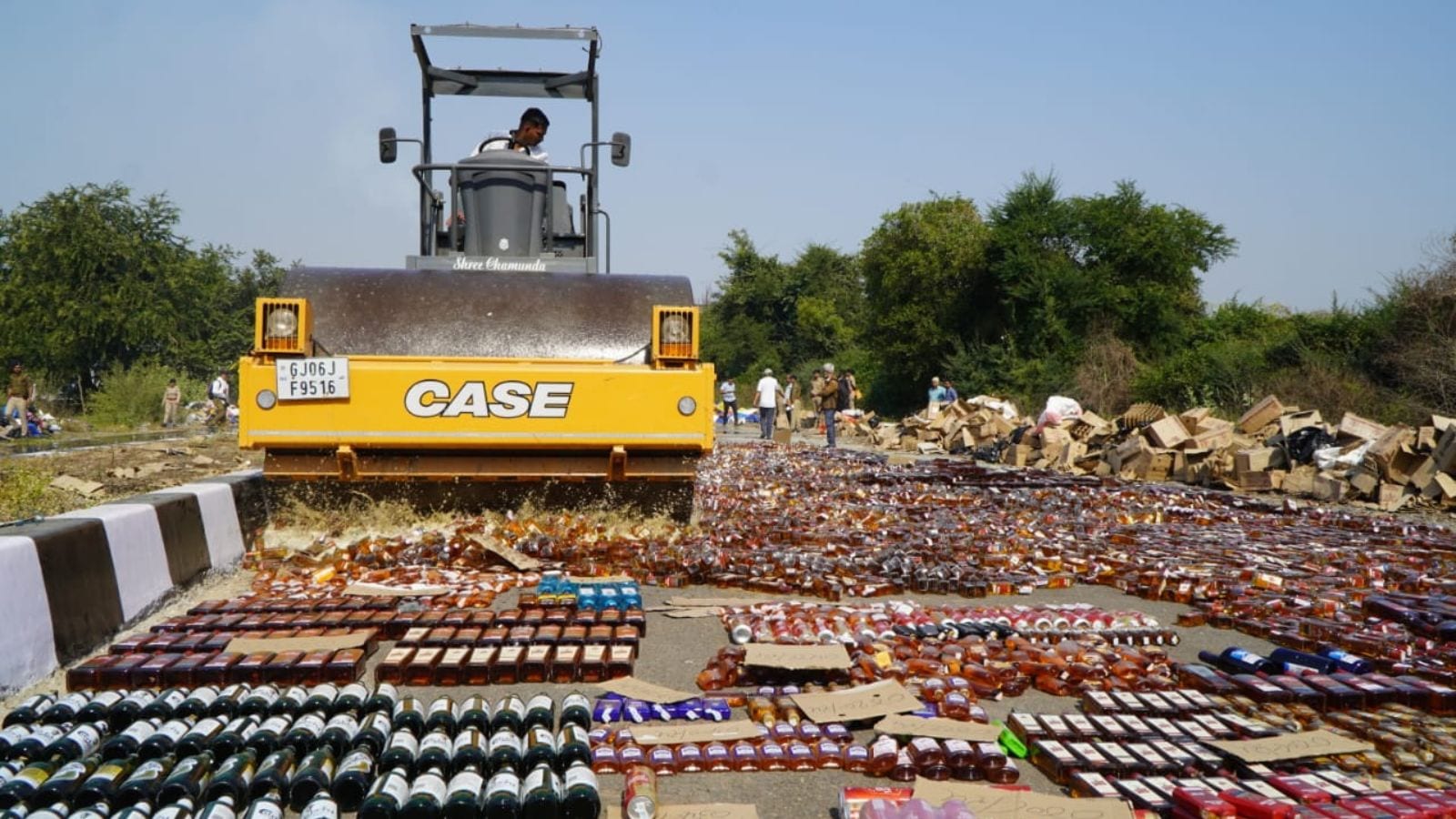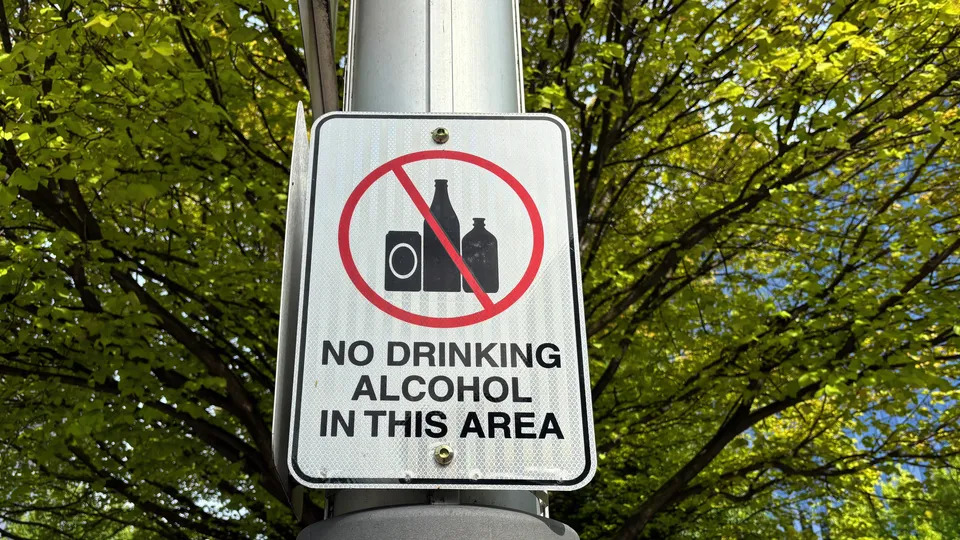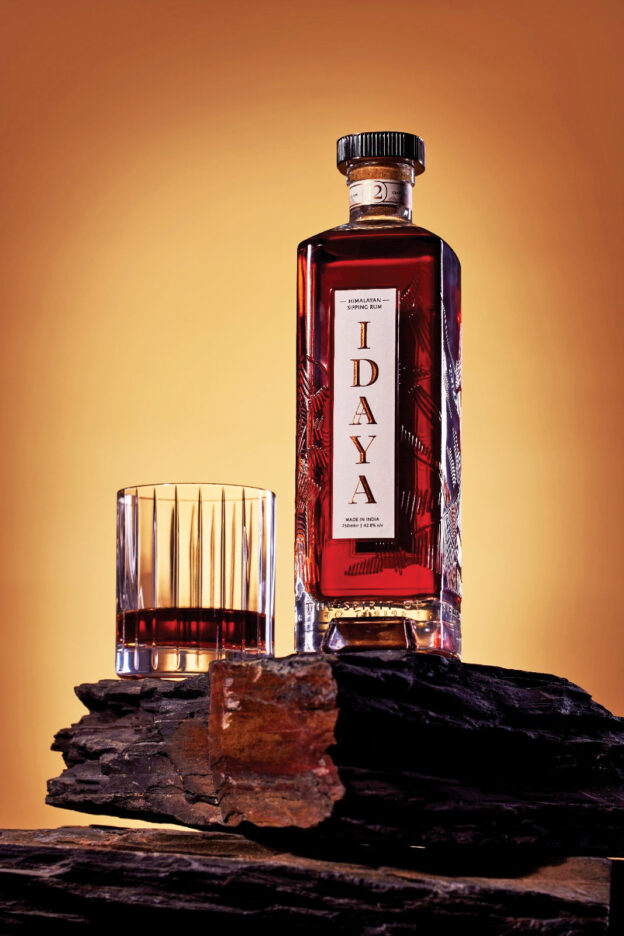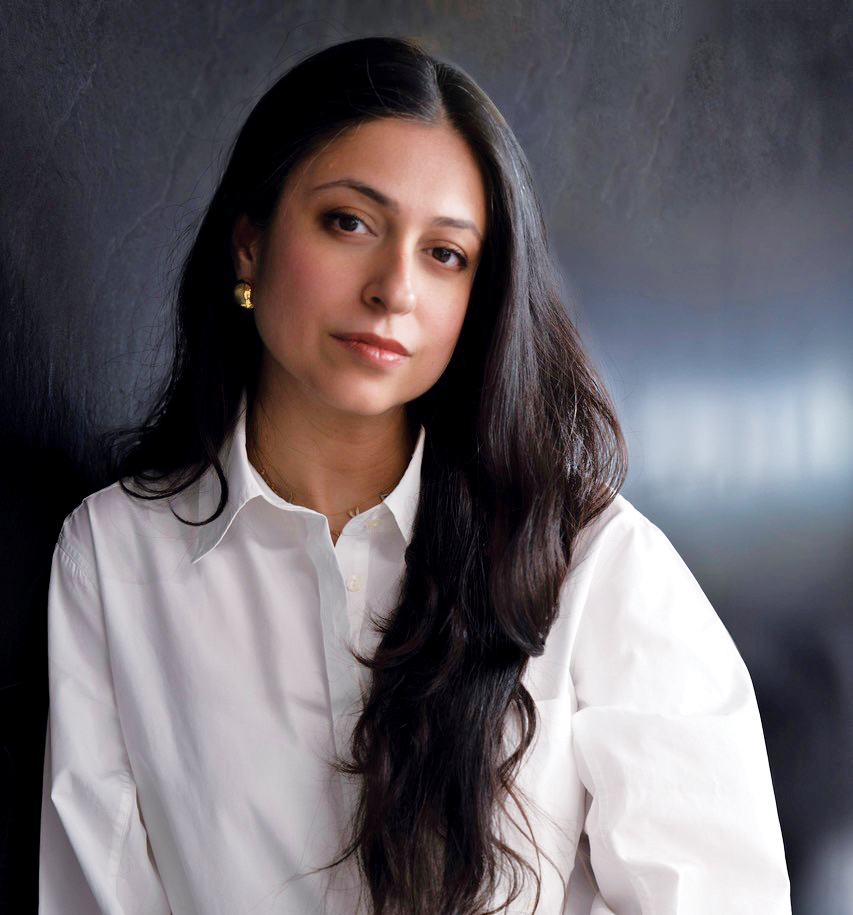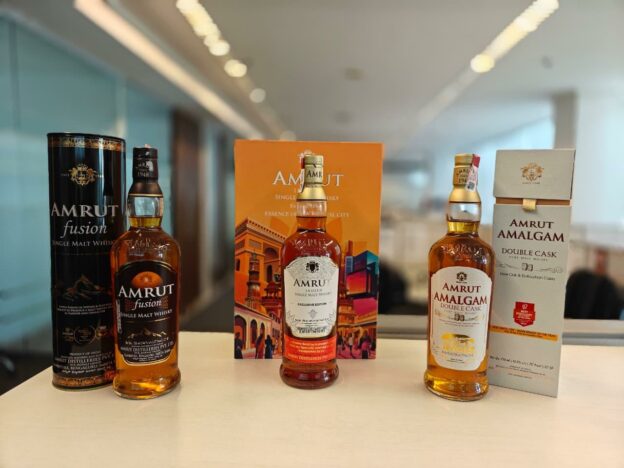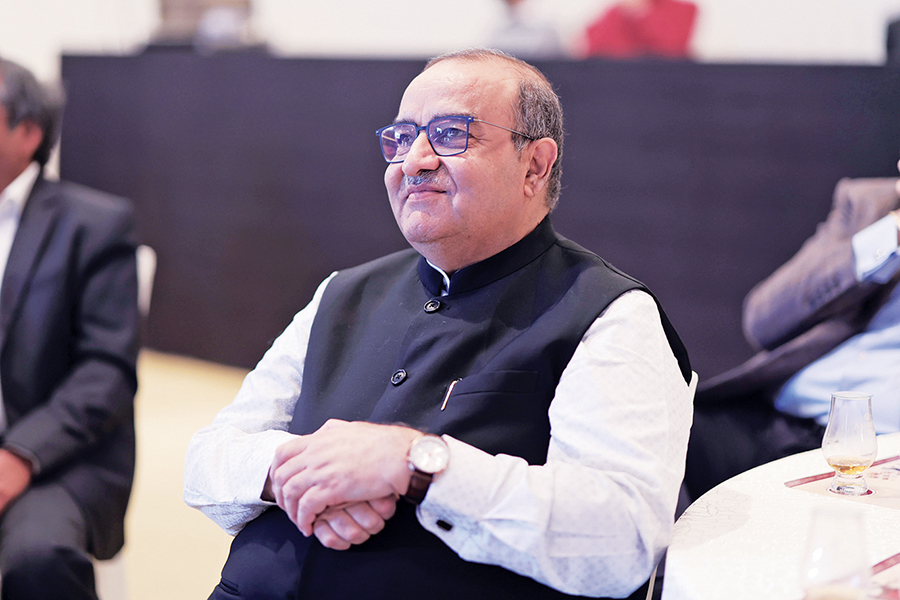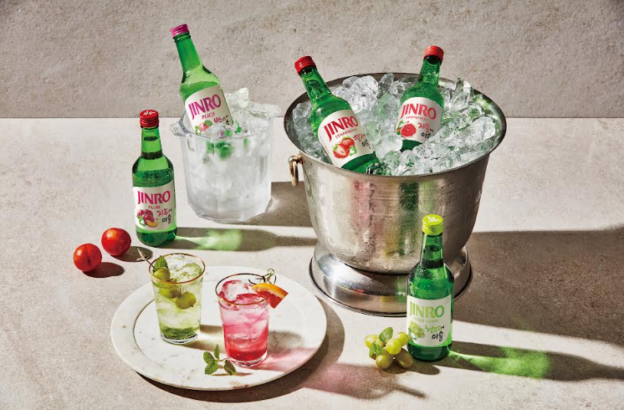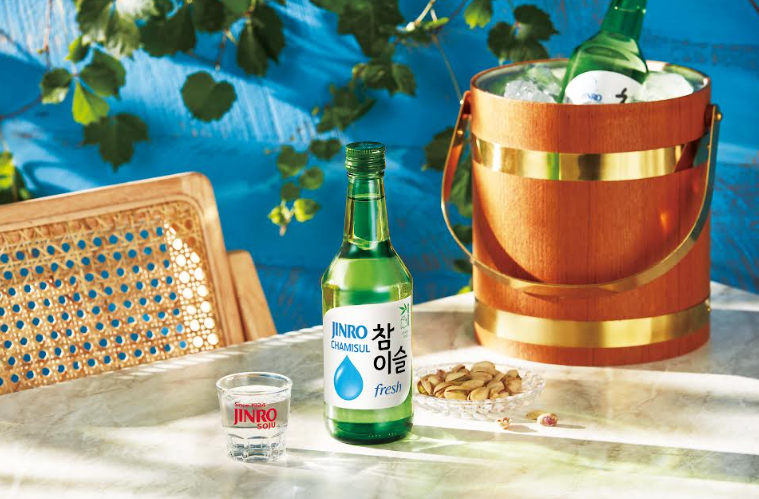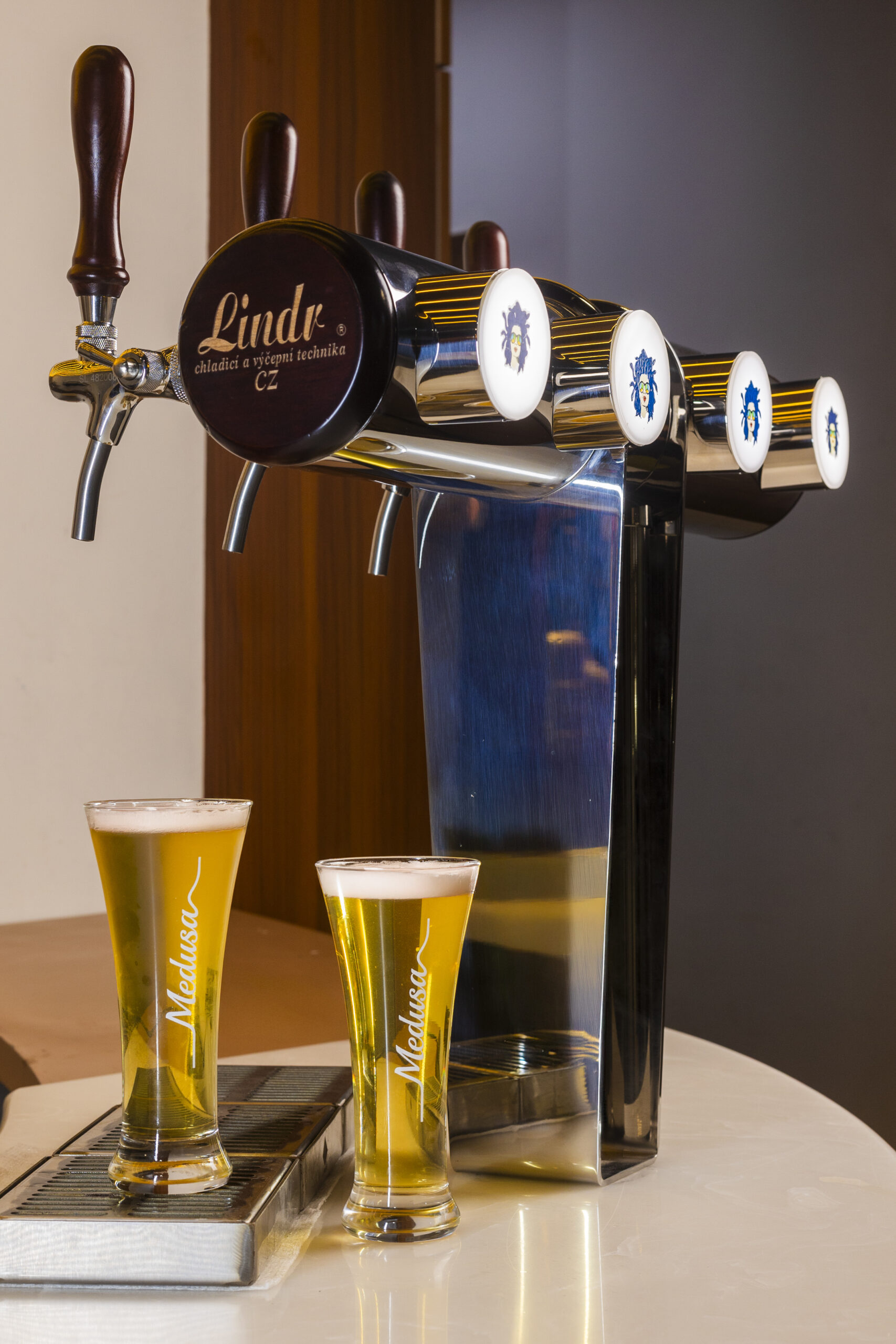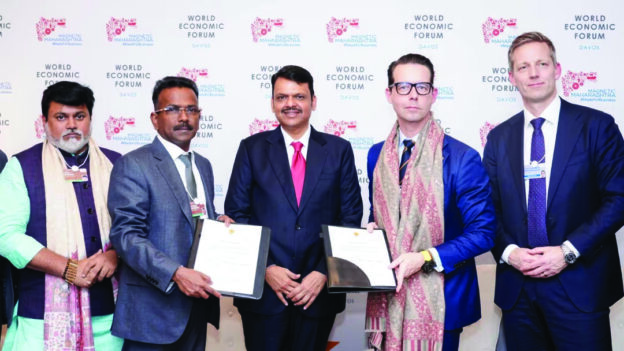Valentine’s Day is ultimately about connection with a partner, with friends, or simply with yourself and nothing sets the mood quite like a beautifully crafted cocktail. Valentine’s Day deserves a drink that feels special. This curated collection of six cocktails brings together bold whiskies, elegant heritage spirits, and rich brandies, each recipe crafted to add depth, warmth, and a touch of romance to the celebration.
Breakfast Martini by Atelier V
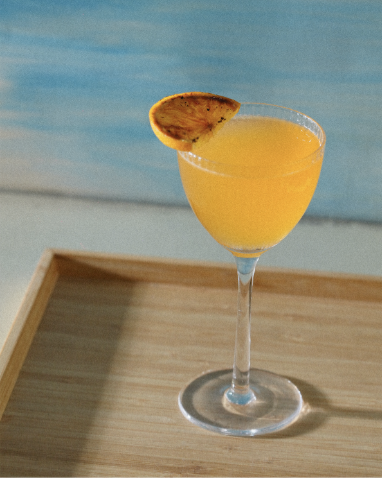
Made with orange marmalade instead of vermouth, it brings a gentle sweetness and a fresh citrus lift that feels special.
Ingredients:
Gin – 45ml
Orange liqueur – 15ml
Fresh lemon juice – 10ml
Orange marmalade – 1tsp
Lemon wheel/small piece of toast for the garnish
Method:
Add gin, orange liqueur, lemon juice, and marmalade into a shaker with ice.
Shake well until chilled, and the marmalade is fully incorporated.
Double-strain into a chilled coupe glass.
Garnish with a lemon wheel or toast.
————-
When I Was Young! by Davana Vermouth Indica
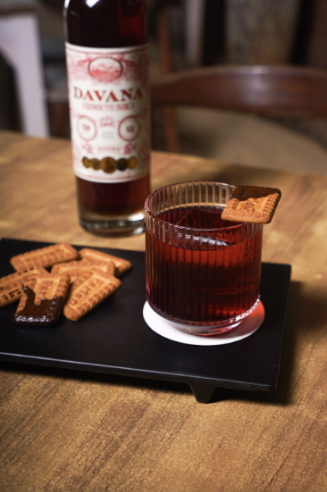
When I Was Young! blends the comfort of Bournvita with the layered complexity of Davana Rosso and bourbon. It’s a Valentine’s Day cocktail that feels like a warm, unexpected throwback.
Ingredients:
Davana Rosso – 30ml
Bourbon – 30ml
Bournvita syrup – 10ml
Bitters – 4-5 dashes
Method:
In a mixing glass, combine Davana Rosso, bourbon, Bournvita syrup, and bitters.
Stir well for 8-9 rotations to chill and integrate.
Strain into a rocks glass over a block of ice.
—–
Strawberry Sparkling Wine by MONIN India
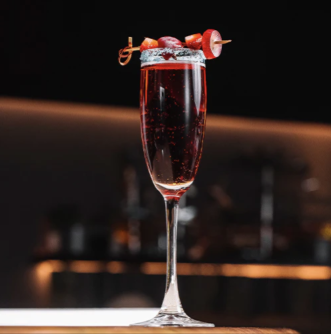
A refreshing and beautifully balanced sparkling cocktail that pairs MONIN Strawberry Syrup with the bright citrus notes of Curaçao Triple Sec, topped with chilled sparkling wine. Finished with fresh strawberries, it’s a classic Valentine’s drink.
Ingredients:
MONIN Strawberry Syrup – 10 ml
MONIN Curaçao Triple Sec Syrup – 10 ml
Chilled sparkling wine – 90-120 ml
Fresh strawberry – garnish
Method:
Add both MONIN syrups to a wine glass.
Top gently with chilled sparkling wine.
Stir lightly to combine.
Garnish with a fresh strawberry and serve immediately.
————–
Chocolate Negroni by Tulleeho
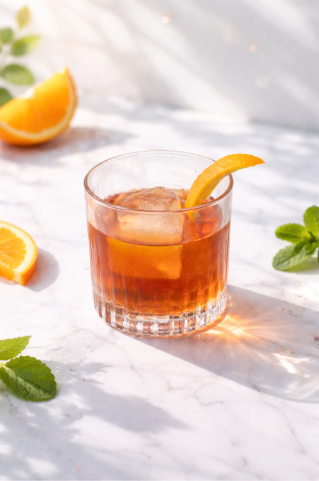
Not every Valentine’s drink needs to be pink or red. Here, the bright citrus edge of a standard Negroni gives way to the deeper, richer notes of cacao. The result? A smooth, yet complex cocktail perfect for slow-sipping that feels made for intimate conversations, late dinners, and sharing the moment with someone special.
Ingredients:
Gin – 30 ml
Sweet vermouth – 30 ml
Campari – 30 ml
Chocolate bitters – 2 dashes
Orange twist – for garnish
Method:
Add the gin, sweet vermouth, Campari, and chocolate bitters to a mixing glass filled with ice.
Stir gently for 20–30 seconds until well-chilled.
Strain over a large ice cube in a rocks glass.
Express the oils from an orange twist over the drink and use as garnish.
———
Red Velvet by Tulleeho
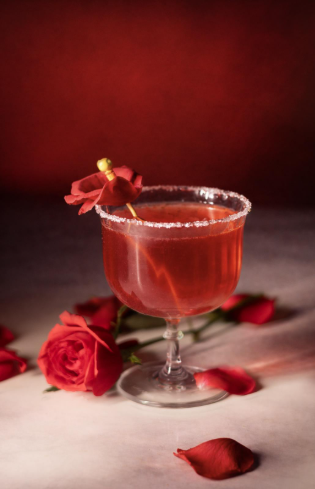
Red Velvet keeps it simple: ripe raspberry, a squeeze of lime and smooth vodka come together for a bright, fruit-forward sip that’s equal parts fresh and striking the kind of cocktail that instantly steals the spotlight at date night.
Ingredients:
Vodka – 45 ml
Raspberry puree – 30 ml
Lime juice – 15 ml
Sugar syrup – 10 ml
Rose petals – for garnish
Method:
Add the vodka, raspberry puree, lime juice, and sugar syrup to a cocktail shaker filled with ice.
Shake vigorously until well-chilled.
Strain into a chilled coupe glass.
Garnish with rose petals and serve.
————
Vieux Carre by Maya Pistola Agavepura
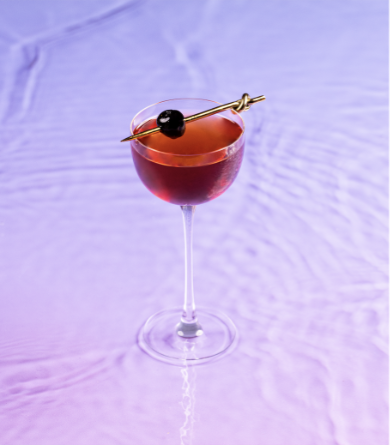
Not every Valentine’s cocktail needs to be sweet and shy. Some are bold and a little mysterious. The Vieux Carre is one such classic.
Made with Maya Pistola Agavepura’s Extra Añejo, this cocktail is a slow-burn romance in a glass: complex, elegant, and perfect for long conversations, dim lights, and a second round.
Ingredients:
Maya Pistola Agavepura Extra Añejo: 45 ml
Sweet vermouth: 20 ml
Dom Benedictine: 10 ml
Angostura Bitters
Peychaud’s Bitters
Maraschino cherry
Method:
Add ice to a mixing glass.
Pour in Pistola Extra Añejo, sweet vermouth, Dom Benedictine, and a dash of both bitters.
Stir gently to chill and dilute.
Strain into a chilled rocks glass over fresh
Garnish with a maraschino cherry.
———-
Scarlet Oasis by Monarch Legacy Edition
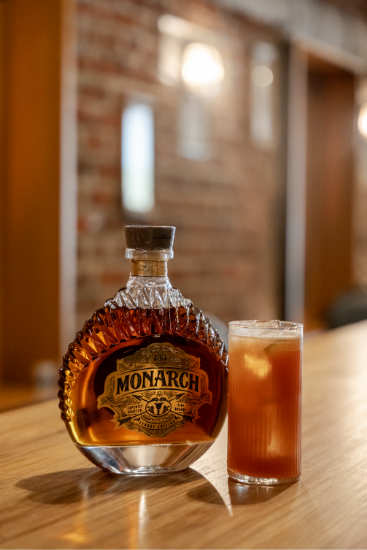
Juicy watermelon and pomegranate bring a soft, lush sweetness, sharpened with fresh lime and lifted with bubbles for a clean, balanced finish. It’s refreshing without being shy, indulgent without feeling heavy.
Ingredients:
Monarch – 45 ml
Watermelon & pomegranate shrub – 30 ml
(made from fresh watermelon juice, grenadine syrup, and apple cider vinegar)
Fresh lime juice – 15 ml
Soda – 60 ml
Watermelon slice – for garnish
Highball Glass
Ice
Method:
Add Monarch, the watermelon and pomegranate shrub, and lime juice to a shaker filled with ice.
Shake well to chill.
Strain into a highball glass over tall ice.
Top with soda.
Garnish with a watermelon slice and serve.
——————-


